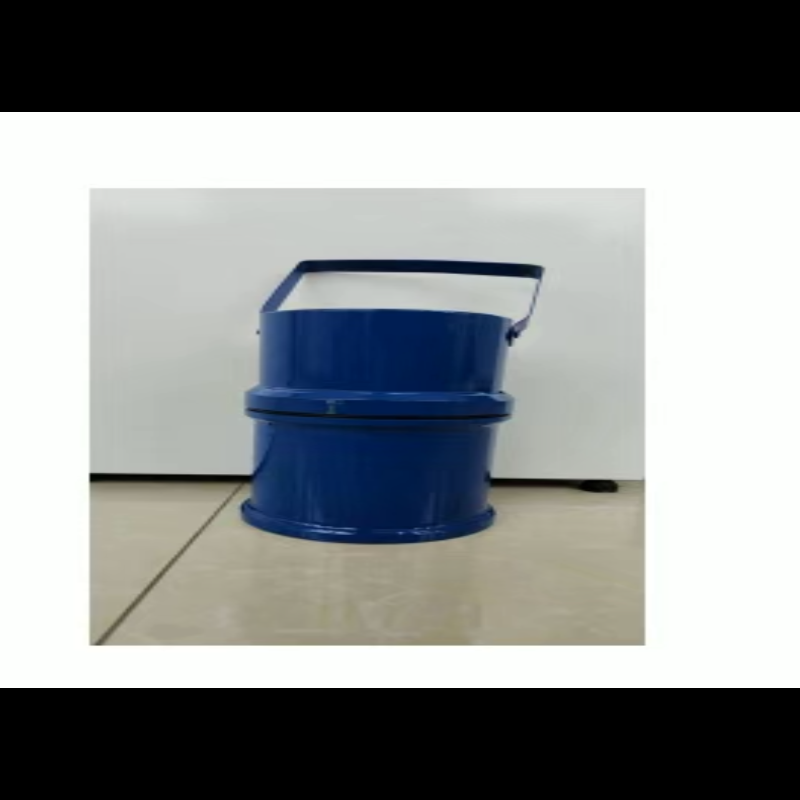-
Categories
-
Pharmaceutical Intermediates
-
Active Pharmaceutical Ingredients
-
Food Additives
- Industrial Coatings
- Agrochemicals
- Dyes and Pigments
- Surfactant
- Flavors and Fragrances
- Chemical Reagents
- Catalyst and Auxiliary
- Natural Products
- Inorganic Chemistry
-
Organic Chemistry
-
Biochemical Engineering
- Analytical Chemistry
-
Cosmetic Ingredient
- Water Treatment Chemical
-
Pharmaceutical Intermediates
Promotion
ECHEMI Mall
Wholesale
Weekly Price
Exhibition
News
-
Trade Service
In recent years, Australia, located in the southern hemisphere, has sprung
up in the field of solar energy utilization.
At present, Australia has become the country
with the largest number of rooftop solar panel installations in the world.
At the beginning of this year, the latest data released by the Australian Photovoltaic Industry Association showed that the total installed capacity of rooftop solar power systems in Australia has exceeded 4 GW
.
It is expected that by 2040, half of Australia's households will have electricity generated by their own rooftop solar panels
.
Such a huge solar power generation base has driven the development of
the energy storage industry.
According to Morgan Stanley, Australia's domestic energy storage market is worth $18 billion
.
Tesla, LG, Panasonic and many other energy storage battery suppliers have entered the Australian market to seek opportunities
.
Among them, Tesla's partner Panasonic in the battery field has signed an agreement with Red Energy, a subsidiary of Australian power generator and retailer Snowy Hydro, Ergon Energy owned by the Queensland government and ActewAGL, in June this year to cooperate in the project
of rooftop solar supporting energy storage system.
Panasonic says battery storage can help solar home users store excess power for later use, which can help reduce peak electricity consumption while saving energy costs
.
Panasonic's energy storage system can help increase the power supply of rooftop solar by about 30%, and the company hopes to "provide a reliable and efficient power supply to homes with rooftop solar energy.
"
The company also plans to start selling its own energy storage batteries
in Australia in October.
LG Chem proposed to apply the latest energy storage technology to the Australian market
in August this year.
The company admits it hopes to capture 30 per cent of Australia's market share
.
LG Chem predicts that Australia's energy storage industry will grow 15-fold in the next two years, requiring the installation of more than 30,000 energy storage systems
.
By 2040, Australia's solar power market could attract about $3.
7 trillion in investment, so it will also drive the country's energy storage industry to usher in a round of rapid development
.
In addition, the Australian energy storage industry has also received support
from government policies.
In this year's policy adjustments, the Australian federal government has maintained a support mechanism
for residential and commercial solar energy with an installed capacity of less than 100 kilowatts.
Policy support coupled with the falling cost of solar and energy storage technologies has further developed the Australian energy storage industry
.
According to the Australian Photovoltaic Industry Association, the operation mode of "solar energy + energy storage" has gradually become a "new standard" for energy supply in Australia's open areas, and in the western region of Australia, solar energy storage solutions have even become the mainstream mode
of energy supply.
In recent years, Australia, located in the southern hemisphere, has sprung
up in the field of solar energy utilization.
At present, Australia has become the country
with the largest number of rooftop solar panel installations in the world.
At the beginning of this year, the latest data released by the Australian Photovoltaic Industry Association showed that the total installed capacity of rooftop solar power systems in Australia has exceeded 4 GW
.
It is expected that by 2040, half of Australia's households will have electricity generated by their own rooftop solar panels
.
Such a huge solar power generation base has driven the development of
the energy storage industry.
According to Morgan Stanley, Australia's domestic energy storage market is worth $18 billion
.
Tesla, LG, Panasonic and many other energy storage battery suppliers have entered the Australian market to seek opportunities
.
Among them, Tesla's partner Panasonic in the battery field has signed an agreement with Red Energy, a subsidiary of Australian power generator and retailer Snowy Hydro, Ergon Energy owned by the Queensland government and ActewAGL, in June this year to cooperate in the project
of rooftop solar supporting energy storage system.
Panasonic says battery storage can help solar home users store excess power for later use, which can help reduce peak electricity consumption while saving energy costs
.
Panasonic's energy storage system can help increase the power supply of rooftop solar by about 30%, and the company hopes to "provide a reliable and efficient power supply to homes with rooftop solar energy.
"
The company also plans to start selling its own energy storage batteries
in Australia in October.
LG Chem proposed to apply the latest energy storage technology to the Australian market
in August this year.
The company admits it hopes to capture 30 per cent of Australia's market share
.
LG Chem predicts that Australia's energy storage industry will grow 15-fold in the next two years, requiring the installation of more than 30,000 energy storage systems
.
By 2040, Australia's solar power market could attract about $3.
7 trillion in investment, so it will also drive the country's energy storage industry to usher in a round of rapid development
.
In addition, the Australian energy storage industry has also received support
from government policies.
In this year's policy adjustments, the Australian federal government has maintained a support mechanism
for residential and commercial solar energy with an installed capacity of less than 100 kilowatts.
Policy support coupled with the falling cost of solar and energy storage technologies has further developed the Australian energy storage industry
.
According to the Australian Photovoltaic Industry Association, the operation mode of "solar energy + energy storage" has gradually become a "new standard" for energy supply in Australia's open areas, and in the western region of Australia, solar energy storage solutions have even become the mainstream mode
of energy supply.







